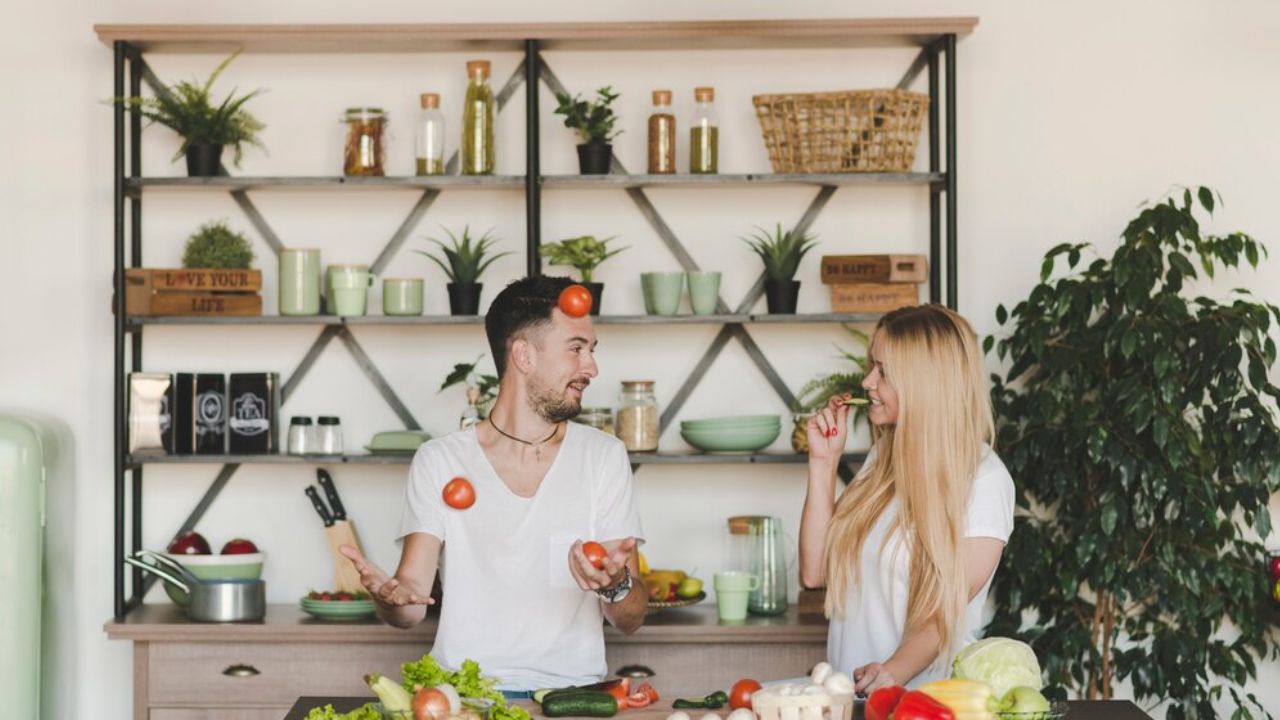Welcome to the world of organic living! This comprehensive guide is designed to help you understand what “Ỏganic” truly means and how you can incorporate organic principles into your everyday life. From food to personal care products, and even gardening—Ỏganic living offers a healthier and more sustainable way to live.
What Does Organic Mean?
The term “Ỏganic” refers to the way agricultural products are grown and processed. Here are some key elements:
- No Synthetic Pesticides or Fertilizers: Ỏganic farming avoids the use of synthetic chemicals.
- Non-GMO: Ỏganic products cannot be genetically modified.
- Organic Certification: Look for certifications like USDA Organic or equivalent in your country.
Benefits of Organic Living
Health Benefits
- Fewer Pesticides: Ỏganic foods typically have lower levels of pesticides.
- Nutrient-Rich: Some studies suggest organic foods can be richer in certain nutrients.
- No Antibiotics or Hormones: Organic meat and dairy are produced without antibiotics and hormones.
Environmental Benefits
- Sustainable Farming: Ỏganic farming practices help maintain healthy soil and water.
- Biodiversity: Ỏganic farms often support more biodiversity.
- Reduced Pollution: Organic farming reduces chemical runoff into waterways.
How to Start Living Organically
Organic Food
- Start Small: Begin with organic versions of the foods you eat regularly.
- Read Labels: Look for organic certification labels.
- Local Markets: Shop at farmers’ markets for fresh, local organic produce.
Organic Personal Care Products
- Check Ingredients: Avoid products with synthetic chemicals and artificial fragrances.
- Certifications Matter: Look for certified organic personal care products.
- DIY Options: Consider making your own personal care products using organic ingredients.
Organic Gardening
- Use Organic Seeds: Start with seeds labeled as organic.
- Natural Pest Control: Use natural methods to control pests.
- Composting: Utilize compost to enrich your soil naturally.
Challenges and Misconceptions
Cost
- Perception: Ỏganic products can be more expensive, but they’re often worth the investment for their health and environmental benefits.
- Solutions: Buy in bulk, join a co-op, or grow your own organic produce to save money.
Availability
- Perception: People often think organic products are harder to find.
- Solutions: Organic products are increasingly available at local grocery stores and online.
Conclusion
Transitioning to an Ỏganic lifestyle is a rewarding choice for your health and the environment. Whether you start with small changes like buying organic produce or go all-in with organic gardening, every step you take contributes to a healthier planet and a more vibrant life.

